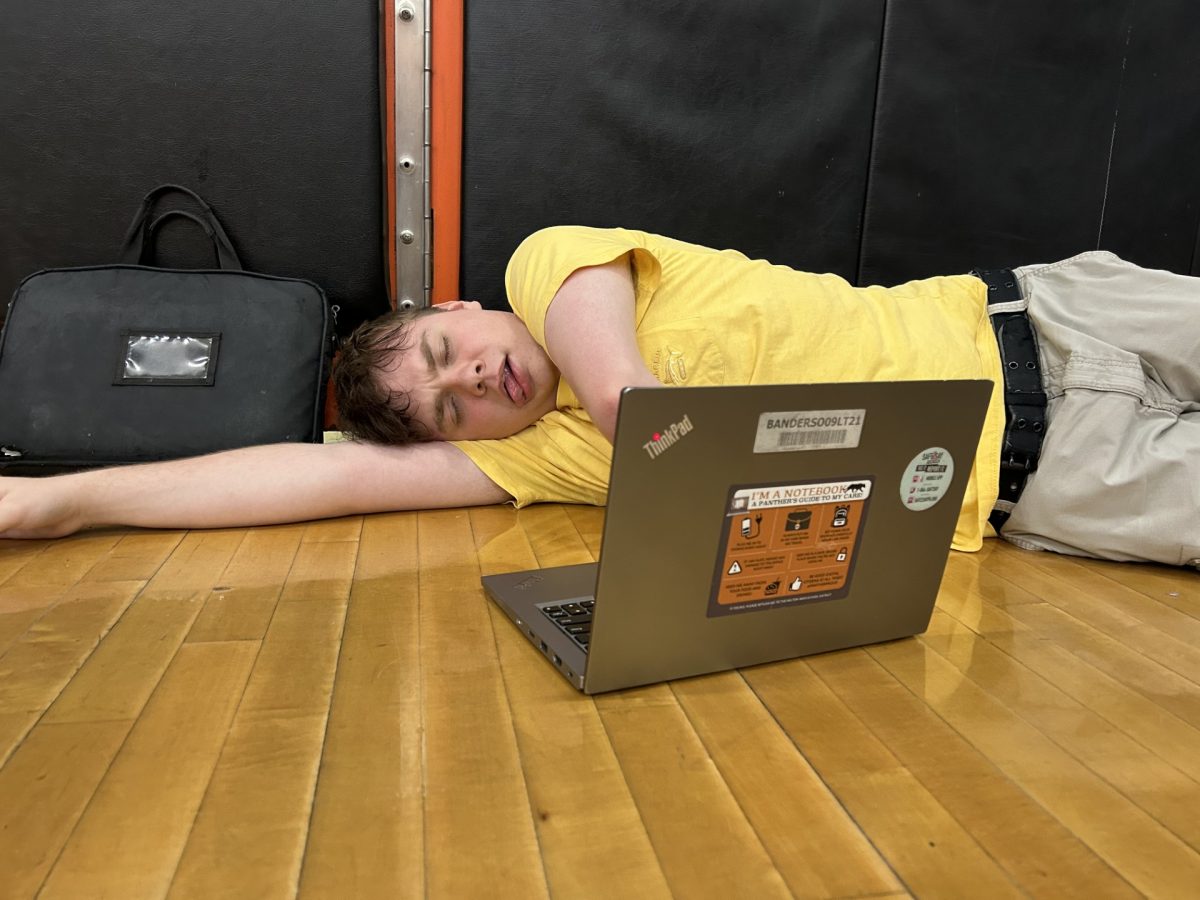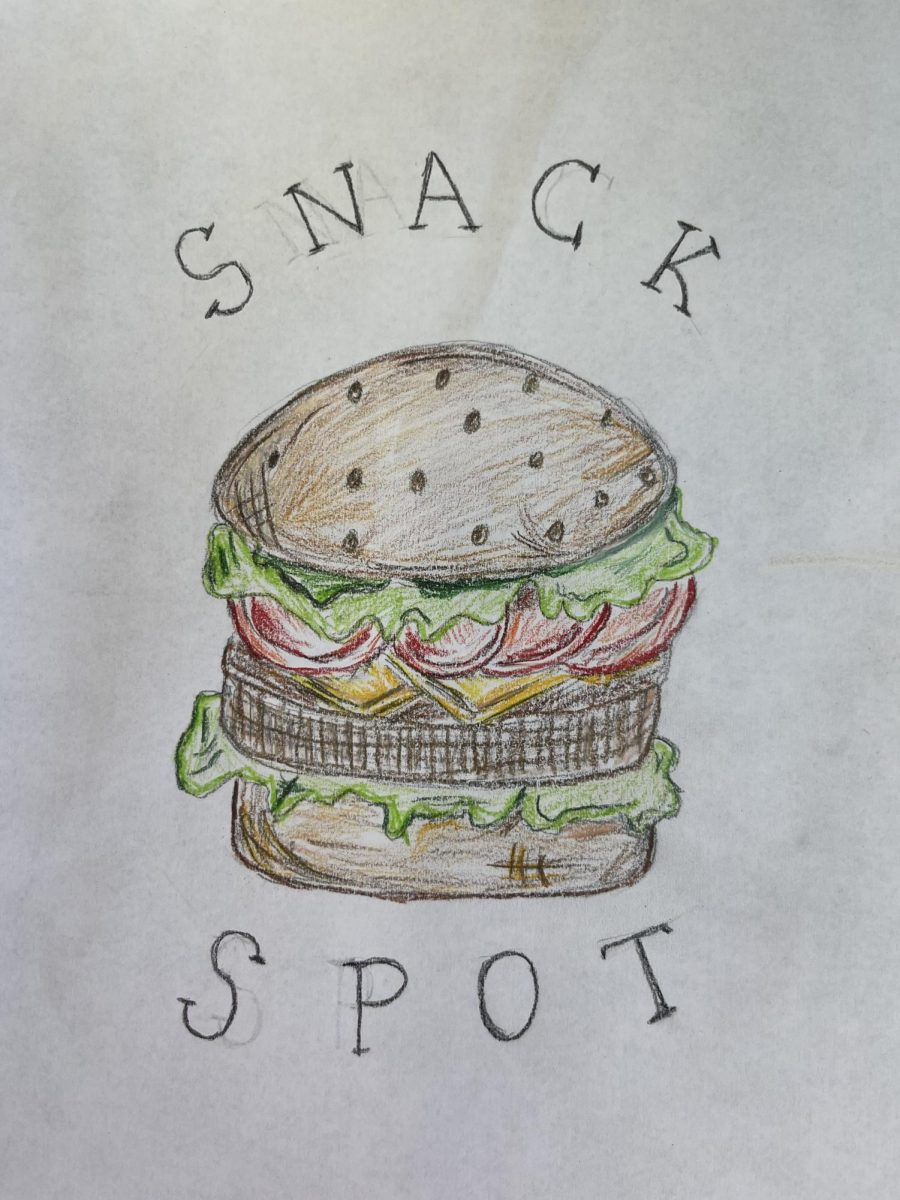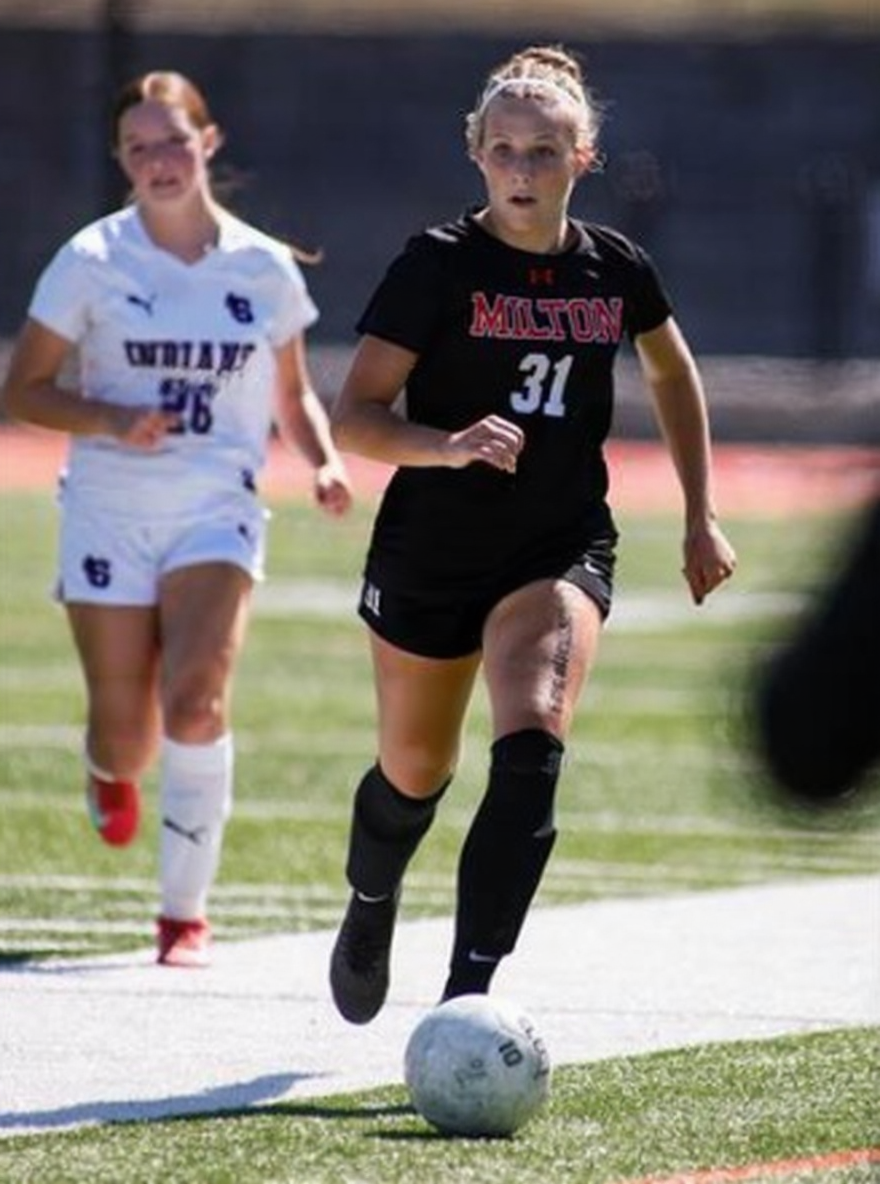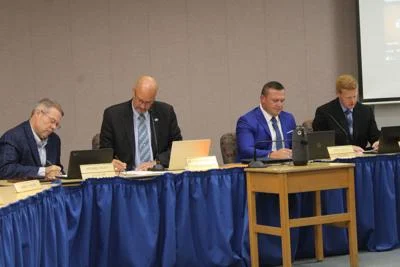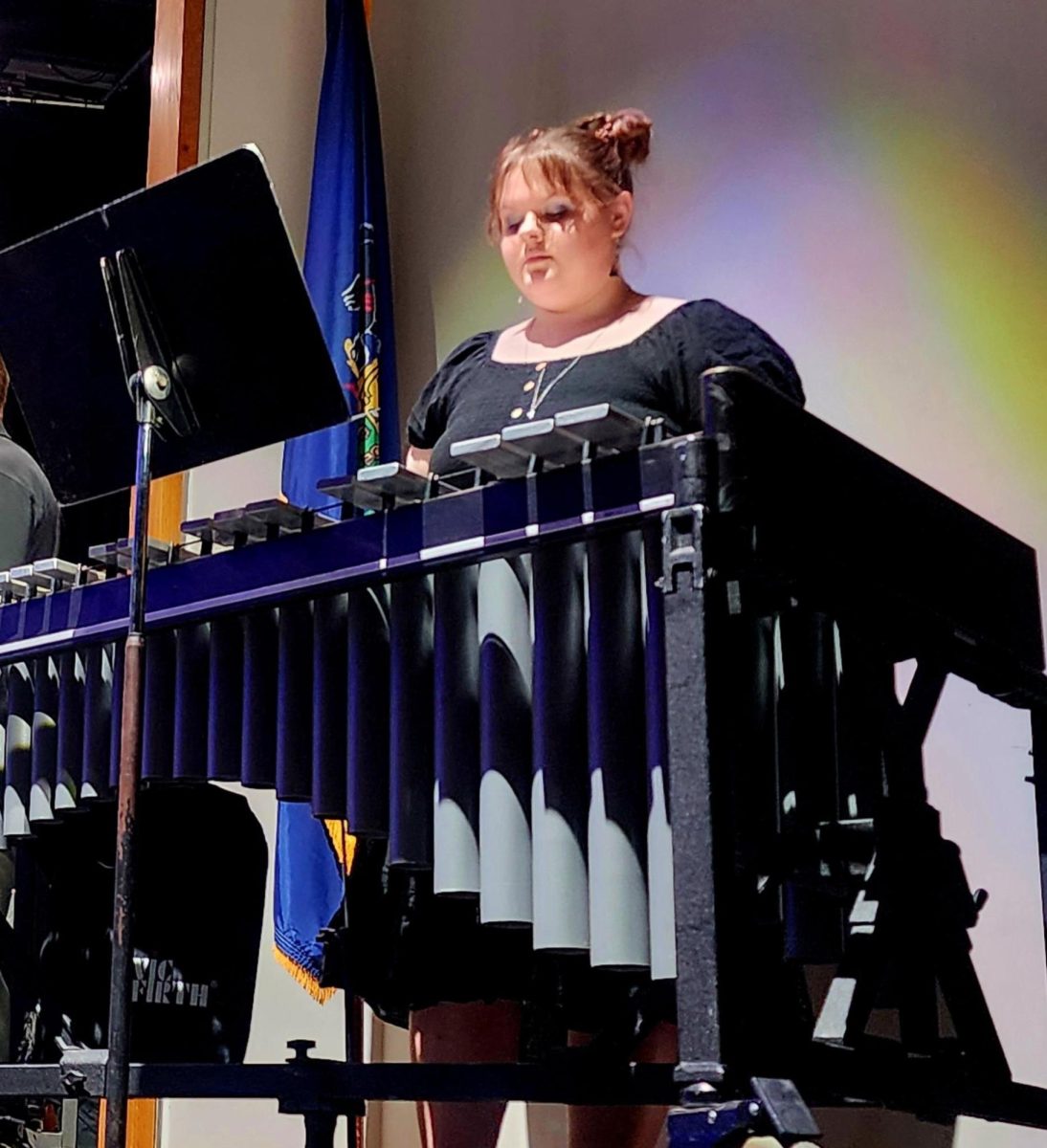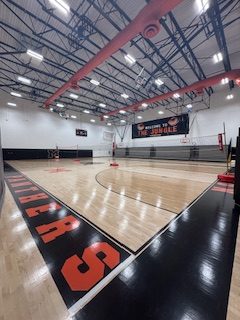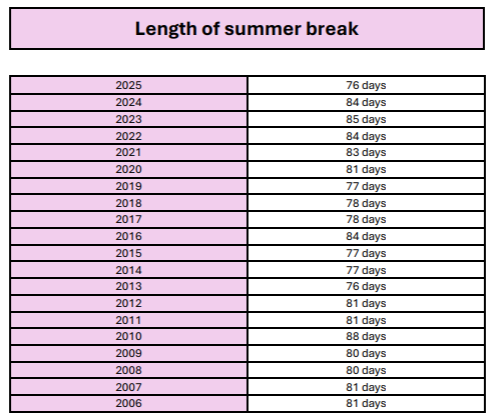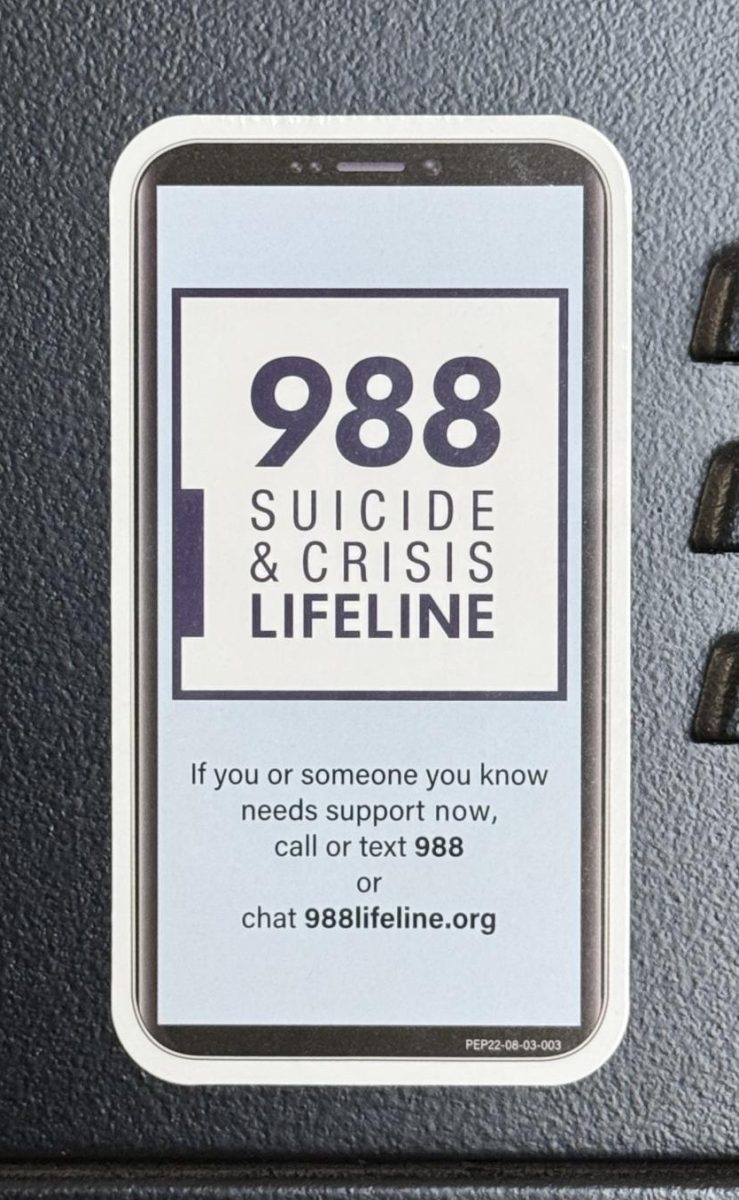“Senioritis” is a word that is often thrown around during this time of year by both teachers and students alike.
Even some academic institutions have recognized its existence. As stated by Southern New Hampshire University, “the term ‘senioritis’ is a common affliction describing the lack of motivation felt by students who are reaching the end of their courses.”
Senioritis is often talked about in a joking sense, pointed out by adults as a nonsensical illness that affects only seniors during their final semester in school.
However, the reality is that some seniors genuinely suffer from symptoms during the final part of their high school career. According to a study on senioritis published on the Institute of Education Sciences website (eric.ed.gov), senioritis is “characterized by tendencies such as arriving late or skipping class, decreased motivation, or behaving irresponsibly by investing little effort in schoolwork.”
This same study concluded that senioritis happens not only in high school students, but also for seniors at the college level.
History Teacher and Social Studies Department Head Mr. Ronald Schultz said that one of the biggest causes of senioritis at Milton is likely the low graduation credit requirement.
“Students only need 22 credits to graduate. Many students can easily achieve that by their junior year,” he said. According to Mr. Schultz, this fact leads to many seniors taking elective courses during their senior year that they don’t necessarily need and are not motivated to do well in.
Mr. Schultz also said that part of senioritis is also caused by seniors deciding what they want to do as a career halfway through senior year. “They’ve gotten into the school they wanted to get into, [or] they’ve passed the tests and they’re going into a specific trade. By the midpoint of senior year, they just don’t see why they have to care so much anymore,” he added.
Mr. Schultz, in my opinion, is completely right about senioritis. I know many seniors who are taking classes that they do not want to take this year simply because they had to fill up their schedules, including myself.
I have also noticed that my motivation for high school work dipped drastically once I got accepted to my school of choice, and I am confident that many of my peers feel the exact same way. Even with this article, I have been procrastinating as much as I can and waiting until the last second to turn drafts in.
However, there are ways students can avoid the symptoms of senioritis.
Mr. Schultz gave some insight into his own high school senior experience, which serves as a good model for future Milton seniors. “I set up my schedule in a way so that in my senior year, I was taking a couple of AP classes that kept me engaged and more driven, but then I also filled out the rest of my schedule with courses I knew I would enjoy,” he said.
Essentially, seniors should take some more difficult classes (AP, PC Now, Honors) and intersperse them with elective courses they know they’ll be good at and enjoy.
Whatever the case may be, senioritis is a very real thing that is recognized by multiple institutions, from high schools to respectable universities, and affects many students at Milton Area High School.
More research needs to be done on senioritis so that we can understand it better, and more work should be done by administrators and guidance counselors to prevent future seniors from experiencing such drastic dips in motivation.
